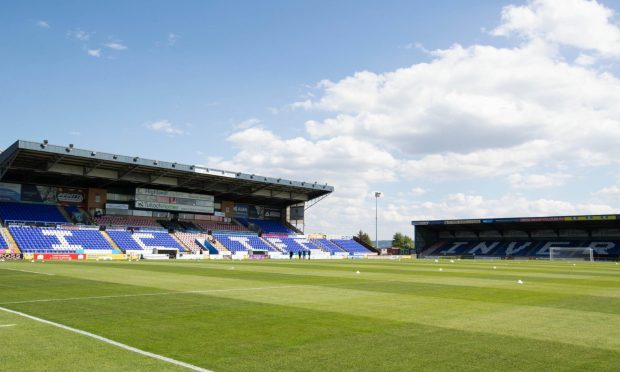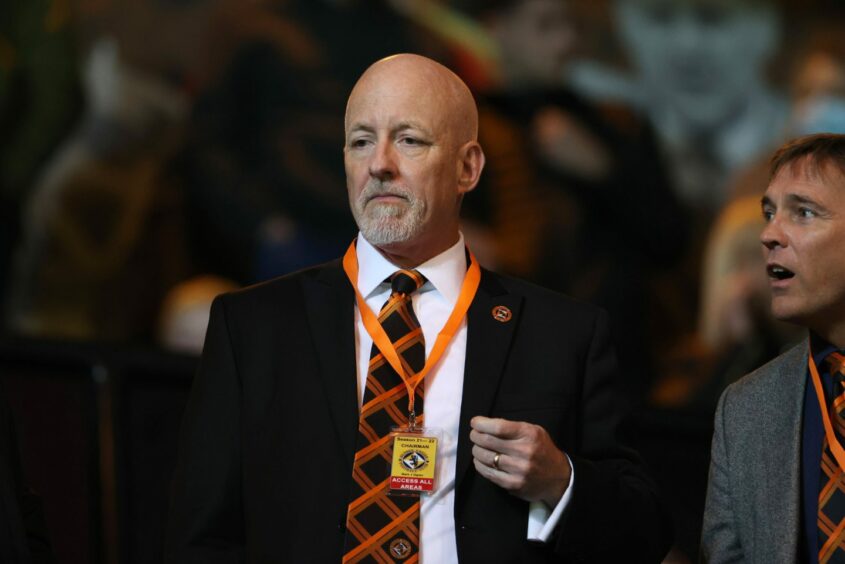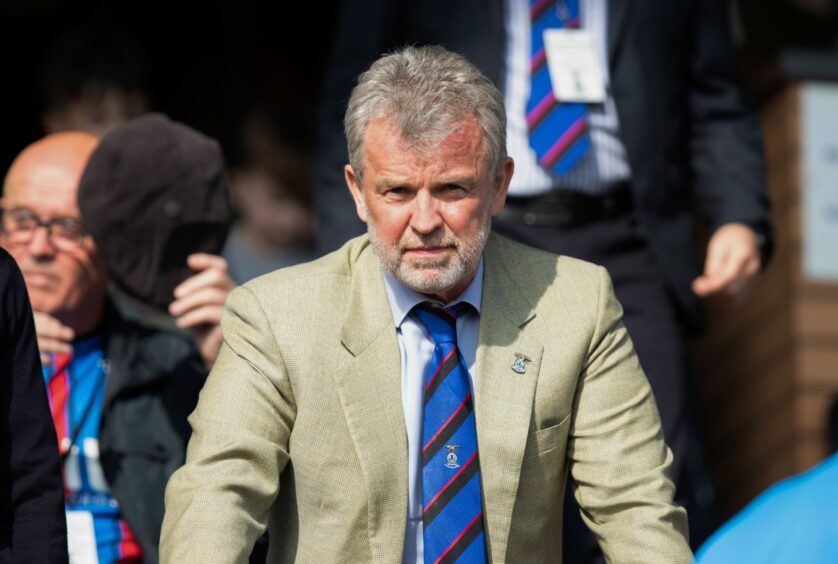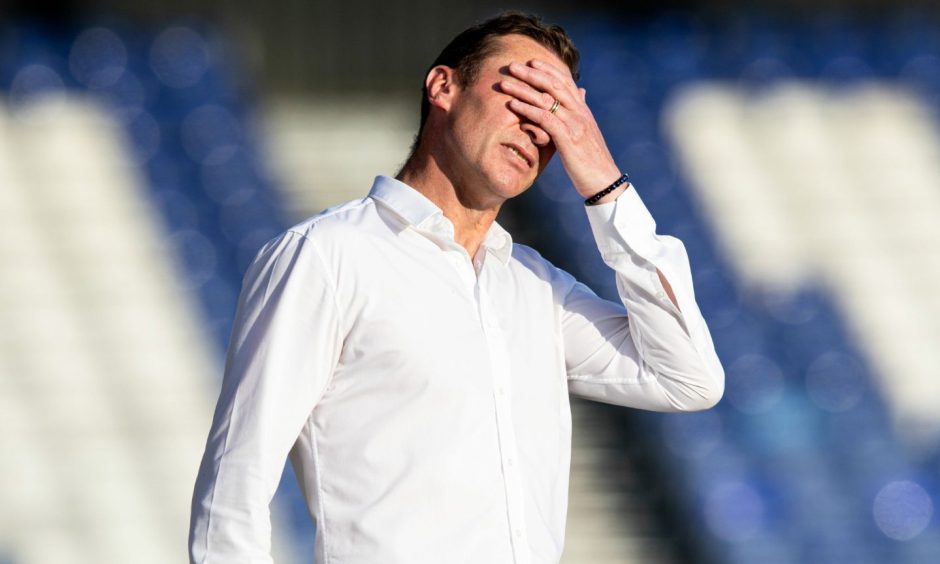A leading UK football financial expert believes an American-led takeover or fan ownership could be the route to Caley Thistle’s survival.
Inverness, just relegated to League One, are chasing investment urgently, and it is understood they could plunge into administration as soon as this week if it is not secured.
In a chat with the ICT fans’ podcast, The Wyness Shuffle, academic, author and broadcaster Kieran Maguire – who specialises in the accountancy of association football, wrote the book The Price of Football, and is part of a popular podcast of the same name with Kevin Day – said: “Scotland is a magnificent country. It’s a very romantic country, as far as American owners or investors are concerned.
“Carlisle United, just south of the border, has just been sold to American investors. Torquay United and Fleetwood United have just been sold.
“Transactions in football are very common. There is even talk of the owners of Burnley, who are American, potentially taking an interest in Dundee, so there is huge interest in football this side of the pond in (clubs in) England, Scotland and Wales.
Fan ownership option
“Fan ownership is a model which does work. It has worked well in Scotland, and it has worked well in some clubs in England as well.
“It means the club has to perhaps reset itself as a sustainable, break-even club. That’s because, and this is no criticism of fans, but if you need £500,000 and you’ve got 5,000 fan owners, do they have enough to find that £500,000?
“It is a lot easier to do that if you have a single owner.
“What we tend to see about fan ownership is they might issue bonds on the club’s behalf. A bit like taking out a credit card, you can only do that so often!
“The advantage of the fan-owned model is that you tend to have a closer relationship with the fan base, and it becomes more of a community hub.
“While football is the focal point, (the club) can be used for much broader issues as far as the local community is concerned.”
Administration is not a ‘quick fix’
Maguire explained all parties will be working to avoid the doomsday scenario of liquidation and stressed administration is far from an easy way out of the mire.
He said: “I hear these stories too often… what will happen is if management/owners feel that they do not have the resources to fund the club and it’s not able to fund itself, and it’s not operating on a sustainable basis, they will take professional advice.
“Nobody wants the nuclear option – that is putting the company into liquidation, like shutting down.
“What we have seen at quite a few clubs is that initially they will appoint restructuring advisors, business turnaround specialists, they are called a variety of names.
“They will look at the books and the cash that’s coming in and where it’s coming from.
“One of the ideas they might put forward is, in its present form the club is not able to trade on a day-to-day basis, and to protect the future of the club, administration is an option.
“It is not an easy option and too many people see administration as a quick fix.
“Suppliers don’t get paid, redundancies are often the case for staff who have done absolutely nothing wrong. There is a great deal of uncertainty.
“The administrators’ fees mean money leaking out football, out of ICT, out of the industry.
“Whilst you are normally hopeful that you’re going to find a new owner, if the administrators fail to do that, then the club does go into liquidation. You then lose the club altogether, which is a rarity in football.”
Administration fees will be heavy
In terms of what administration costs financially, Maguire also revealed some eye-watering numbers.
He said: “In terms of the costs of running the administration, Derby County, a second/third-tier club, went into administration in the second tier of English football.
“The administrators’ fees were around £2m and the administrators’ costs were probably around another £2m. It is an expensive business to run.
“That (money) has to come from somewhere. And it will come out of the proceeds from the sale of the club, which won’t necessarily leave much more to pay the suppliers, many of whom are local, who might not want to ask for money from the club as they know the club have slight problems, and some may have the double-whammy as fans and suppliers. It could mean a significant deduction in what they are owed.
“If an appointment (of an administrator) is made, the first thing that will happen is the administrators will sit down – and hopefully there will be some executives left – and they will say ‘these are the real estate assets’ and ‘this is what we’ve got in the club boardroom and offices’. They will then compile a list and try to sell everything as a going concern.”
Points penalty could send ICT to bottom of League One
If administration does happen, a points penalty, likely to be 12-15 points, will send ICT to the foot of League One before a ball is kicked next season..
Maguire added: “South of the border, there is a straight tariff.
“In the Premier League, it’s nine points, in the English Football League it is 12 points, because they play 46 games compared to 38 in the Premier League, so they try to keep it in a proportionate basis.”
For the full interview, listen to the latest The Wyness Shuffle podcast.




Conversation